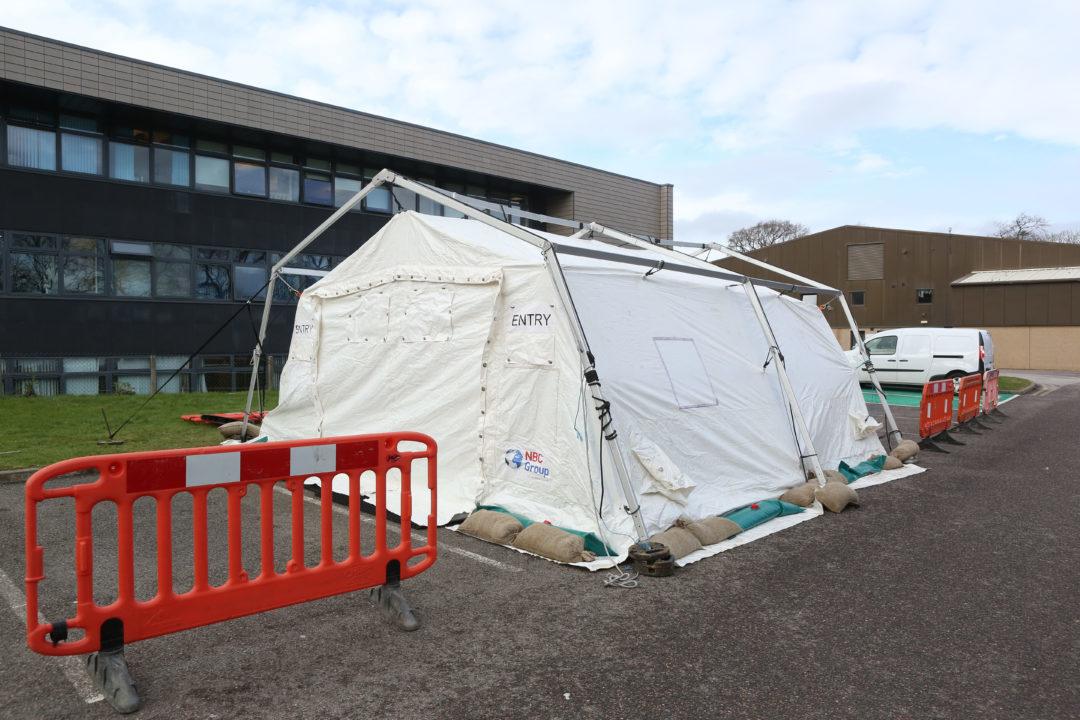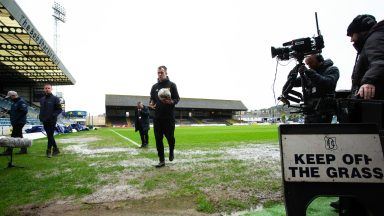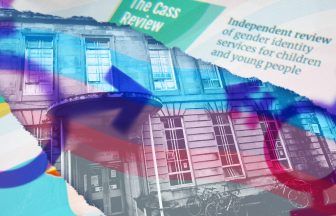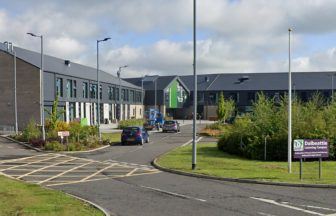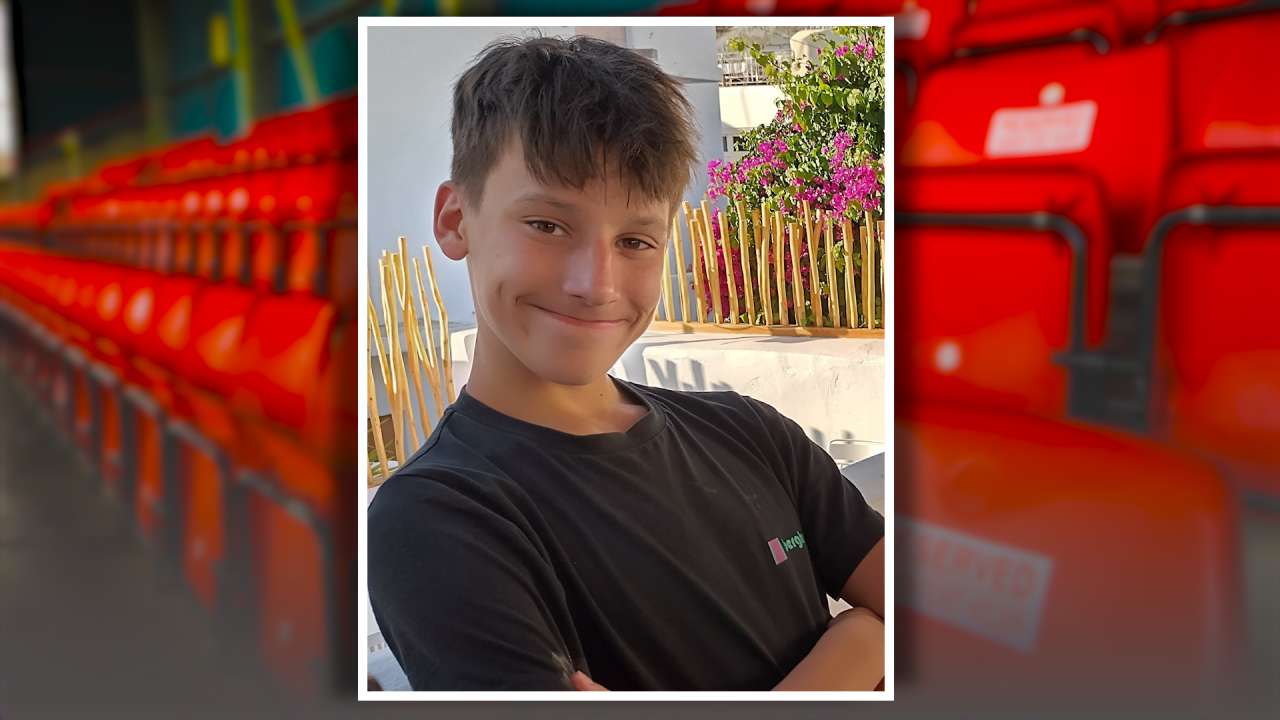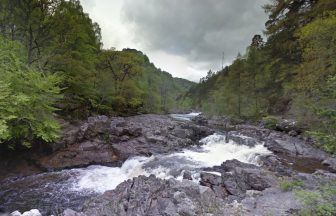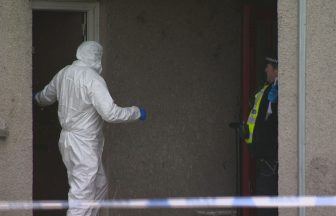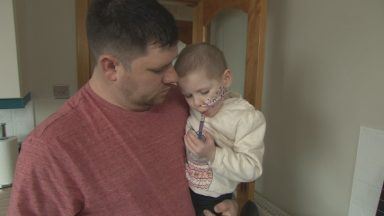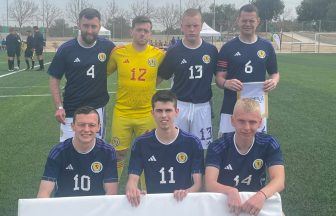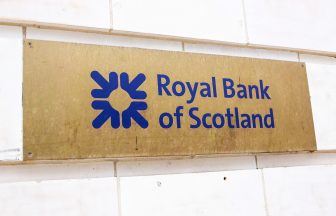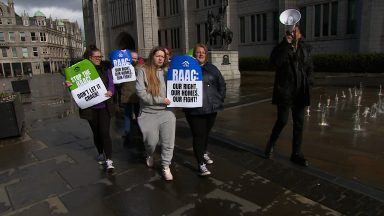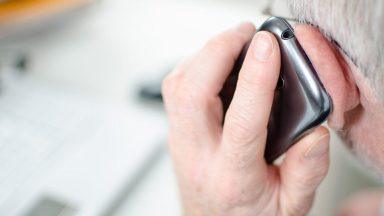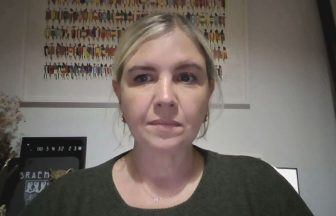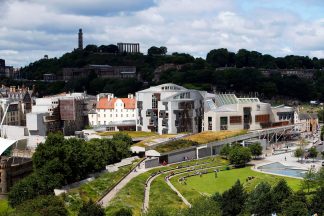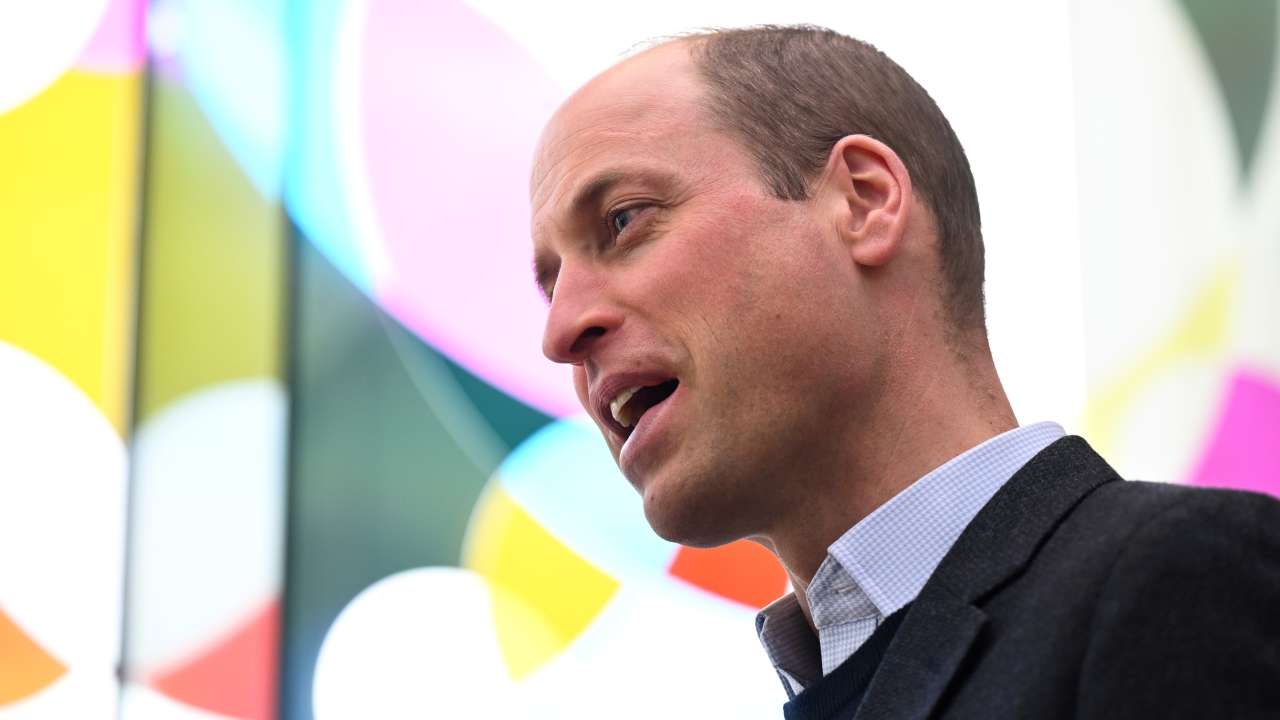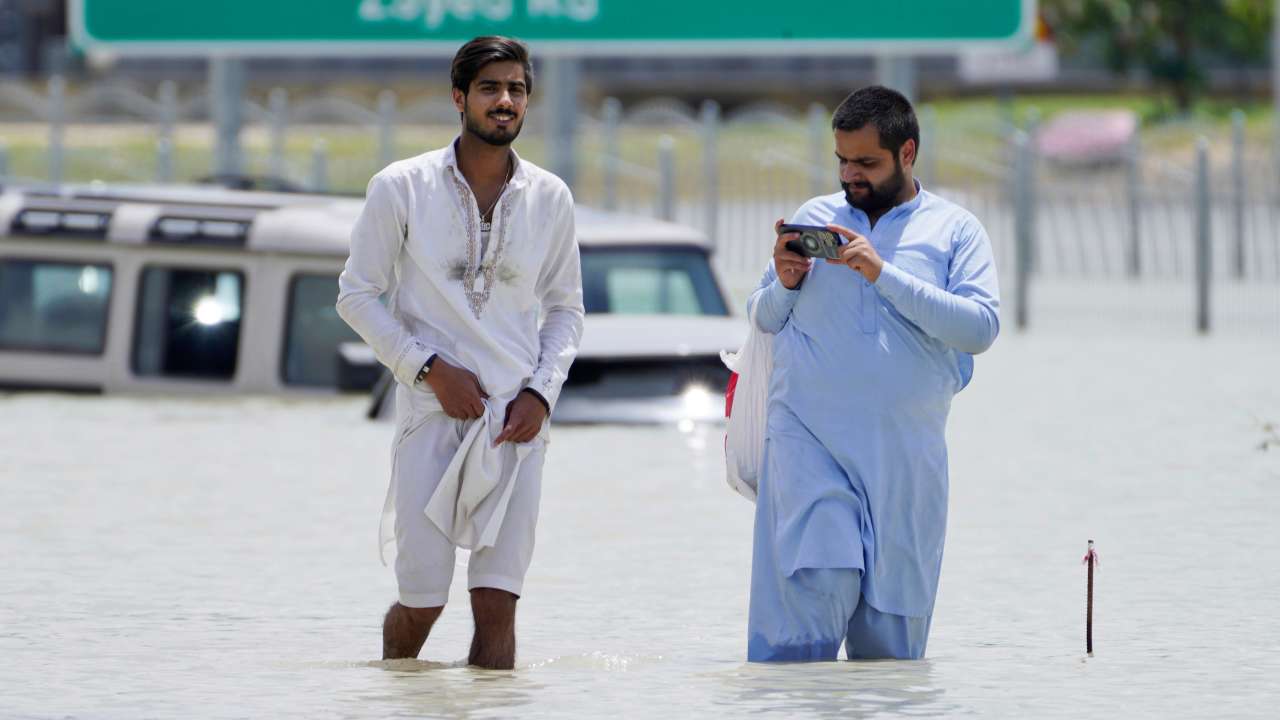The two new Scottish coronavirus patients are based in Ayrshire and the Grampian region respectively, the health secretary has confirmed.
It was announced they had tested positive for Covid-19 on Wednesday morning, bringing the total number of cases in Scotland so far to three.
Both patients are currently clinically well and are receiving appropriate care, the Scottish Government said.
One patient had recently travelled to northern Italy, where the coronavirus outbreak has been particularly acute.
The other patient had contact with another known coronavirus case, but the government stressed this was not the first positive case confirmed in the Tayside area on Sunday.
It comes as Prime Minister Boris Johnson announced that statutory sick pay will be available from the first day of illness under emergency legislation to tackle the coronavirus.
Speaking at PMQs on Wednesday, Johnson said people who self-isolate are “helping to protect all of us by slowing the spread of the virus”.
He told MPs: “If they stay at home and if we ask people to self-isolate, they may lose out financially.”
The PM said his government “will bring forward, as part of our emergency coronavirus legislation, measures to allow the payment of statutory sick pay from the very first day you are sick instead of four days under the current rules, and I think that’s the right way forward.
“Nobody should be penalised for doing the right thing.”
The Scottish Government has warned up to 80% of the population could become infected in a worst-case scenario, with potentially 4% of this group requiring hospital treatment and a 1% fatality rate among those infected.
Scottish clinicians have now begun the process of tracing the people the latest two cases have been in contact with and gathering details of the places the patients have visisted.
The contact tracing process does not look at everyday occurrences like passing people on the street or in a shop, as these are considered very low-risk examples of contact.
Close contact involves either face-to-face contact or spending more than 15 minutes within two metres of an infected person, with those at risk then approached by local health protection teams to receive advice.
Health secretary Jeane Freeman said: “Our first thoughts must be with the patients diagnosed with coronavirus, I wish them a full and speedy recovery.
“We expect the number of cases to rise and Scotland is well-prepared for a significant outbreak of coronavirus.
“There is currently no treatment or vaccine so early detection measures will continue to be vital in helping to prevent the spread of the virus.
“People have a vital role to play in helping us contain any outbreak by following the latest health and travel advice, and following basic hygiene precautions, such as washing hands frequently, not touching their face and covering their nose and mouth with a tissue when coughing or sneezing.“
Scotland’s chief medical officer Dr Catherine Calderwood said: “We have a proven track record of dealing with challenging health issues, and have been preparing for this possibility since the beginning of the outbreak.
“We practice and prepare our response to disease outbreaks and follow tried and tested procedures, following the highest safety standards possible for the protection of NHS staff, patients and the public.”
Follow STV News on WhatsApp
Scan the QR code on your mobile device for all the latest news from around the country


